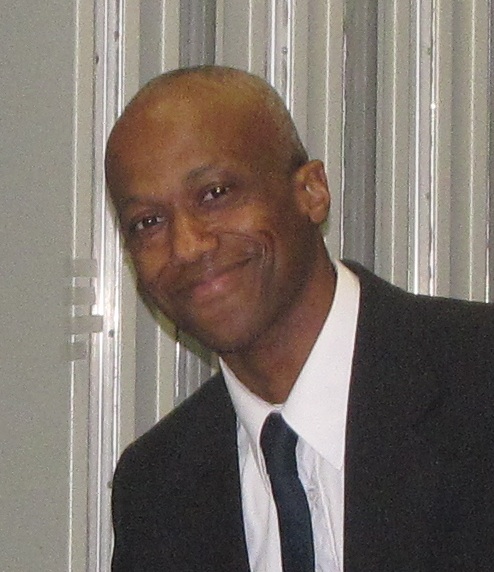
 |
David D. Reid |
For Undergraduates |
| The purpose of this page is mainly to provide links to resources within the University of Chicago's website and a few other places. Here, I also make some comments not found on the department's website. |
The BA Degree in Physics
| Information about our undergraduate program is readily available on our website. Research is not a formal requirement, but to take full advantage of the opportunities available to you here, research is a key component. Some key pages to see are the following: |
Graduate School
| For information on applying to and choosing a graduate school, you should attend the annual Grad School Forum. Look for an announcement every spring quarter. |
|
Most of the major physics organizations (AIP, APS, IOP, SPS) provide good information regarding career options for physicists with Bachelors degrees. You can get particularly useful information by combining the following three resources from AIP: (1) Initial Employment(2) Who's Hiring Physics Bachelors The first will help you identify where to look broadly and the second helps you identify where to look specifically. It is particularly worth from (1) that the vast majority of the private sector jobs that employ physics Bachelor degree recipients are in engineering, computer information, and non-technical fields. These are fields for which the typical job listings will not explicitly mention physics. That's lesson #1: don't restrict your applications to jobs, or companies, that explicitly say they're interested in people with a physics degree. Depending on the details, if the qualifications state a degree in electrical engineering, apply anyway, mechanical engineering, apply anyway, computer science, apply anyway. Physics majors are getting these jobs as well. What's lesson #2? Experience. You'll find that many of the listings will ask for a degree in engineering and 2+ years of experience. Does this mean that you have to have obtained your degree followed by 2+ years of full-time employment? Not necessarily. Many of these positions do go to new graduates in engineering except that they were in a co-op program in which they have periodically worked for that company, or some other one, since they were sophomores. So that's their degree plus 2 years of experience. Your 2 years of research experience can serve the same purpose and will often be sufficient depending on the details. What are these details I keep referring to, you ask? The relevance of your research experience. Or, to put it another way, how well the skills you've gained matches with the position in question. It may seem as if that's completely out of your control, but not completely. You can get many of the kinds of skills these companies want while doing basic research at Chicago, if you know what to look for. You'll find that they want experience using CAD software, fabrication, computer interfacing, scripting languages, etc. There are research groups here in which you can gain experience with all of these things, even though it may not be applied research. So, if you have decided, or think you might decide, that you want to take your undergraduate degree and hit the job market, here's what you should do (as soon as possible). Go to the "Who's Hiring..." page (#2 above) and click on the state, or states, of your choice. Believe it or not there are even companies in Idaho hiring physics majors. Identify several interesting sounding companies and look up their current job listings to see what skills they are seeking. Take note of the ones that show up frequently, then get about the business of developing those skills. As you speak with professors about joining their research, ask about opportunities to do the kinds of things on your list - be up front about why and what you're trying to do. As you look for opportunities to gain these skills, don't limit yourself to the physics department. Research going on in chemistry, biophysics, biomedicine, medical physics, geophysics, computer science, astronomy, molecular engineering, and so on, will work just as well. So, even if you need to be in central Idaho (seek counseling), you can be. The jobs are out there; go get 'em. |